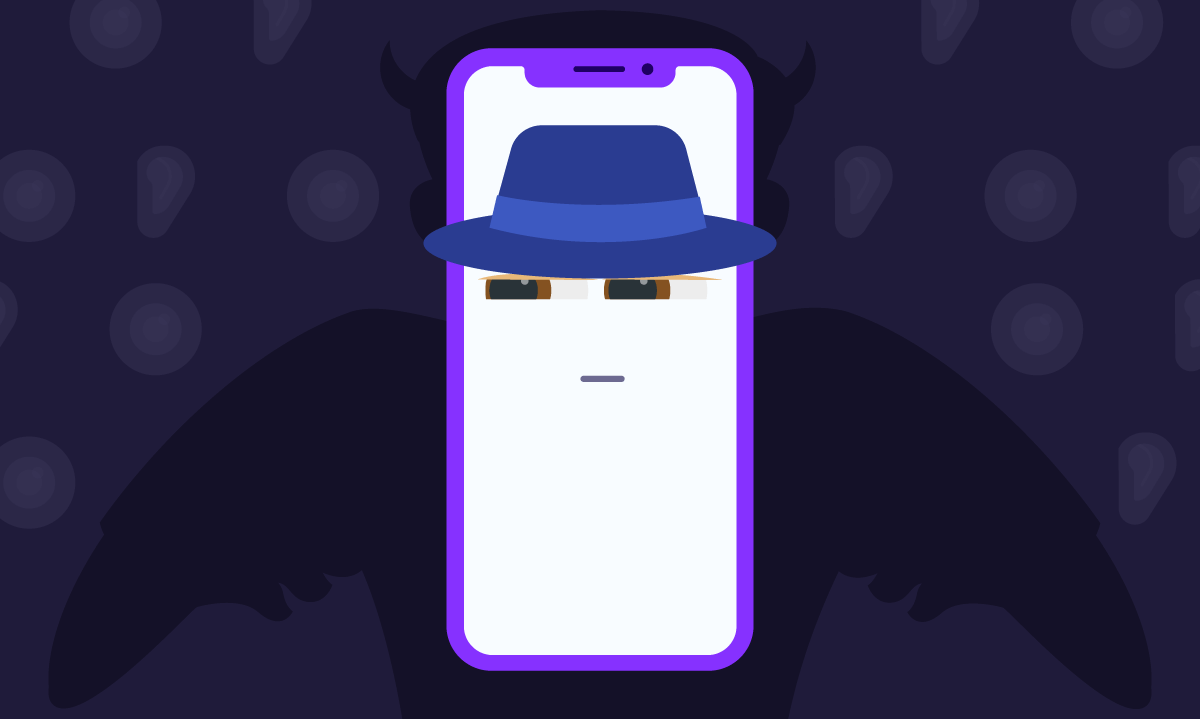Your smartphone is much creepier than Google Home
👂 This post is available as a voice article on the Tenta podcast. Tune in for our round up of Tenta updates, technology, and privacy issues around the world.
The past couple years have seen an expansion of tech company’s offerings away from personal devices like laptops and mobile phones and into home devices, like digital “assistants” and Wi-Fi-connected lightbulbs. Most visible — due in no small part to aggressive marketing and giveaway campaigns — are Amazon’s Alexa and Google Home, two “digital home assistants” that promise to make users’ home lives “hands-free” and “smart.”
But unlike other devices marketed as tools to make our lives easier, Google Home and Alexa aren’t widely popular. While some of that lack of popularity could be due to the fact that their functionality is limited — anecdotally, most users seem to ask their Home Assistants about the weather or to set an alarm — a big factor is certainly the perception that they’re “always listening.”
And the fear isn’t totally unfounded. While both companies insist that their devices aren’t listening unless you use the “wake” words, it’s not hard to imagine there are other triggers. It’s also not as if Google and Amazon have great track records when it comes to user privacy and to keeping their promises about the data they’re collecting. How, then, can users be assured that they’re actually only listening when they say they are? And how can we be assured that they won’t suddenly change their policies in the future, perhaps with little or no warning to the user?
We can’t. But people who are scared of Google Home and Alexa are forgetting one major thing: They’re already being “listened” to. If they’re carrying a smartphone in their pockets — and according to Pew Research, 77 percent of Americans now own smartphones — then the tracking that’s happening is much, much scarier than a device listening in on conversations in their homes.
Let’s take a quick look at all of the personal information your smartphone “knows” about you:
- How long you sleep
- Everywhere you walk
- Everywhere you go
- Whether you’re in a car, public transit, or walking
- Everyone else who is in the same places as you
- Your friends
- What you eat
- What you buy
- How much money you have
- Everything in your email account
- All of the websites you visit
- How often you use rideshare, and where they take you
- When you’re in your home
- When you’re in your workplace
- Your grocery list
The list goes on. Smartphones have become an extension of our bodies. They often know more about us than we know ourselves. And they gather all of that information without actually “listening” to us, despite the many conspiracy theories about technology.
Even crazier? We give them all of that information willingly. Smartphones don’t need to physically listen to our conversations, because what would they get from them? Most of what humans talk about is pretty boring, mundane, and unmarketable. What we do on our phones, however — everything in that long list above — is very marketable. And that’s ultimately why tech companies want to collect information about us: To sell it.
It remains to be seen if Home Assistant like Google Home and Alexa will take off like the iPhone, or die a slow death like Google Glass. But if people’s objection to them is that they’re “listening?” Remind them what they’re carrying in their pocket. That’s much scarier.
Share this postInstall Tenta Browser Free!
Start protecting your online privacy today with Tenta Browser.



